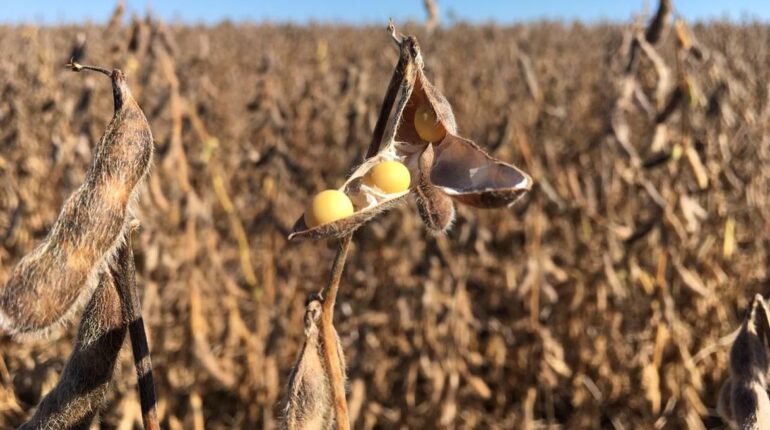
Government zeroes soy and corn import tax.
Measures are temporary and are intended to contain rising prices.
The world’s largest soy exporter, Brazil decided to suspend the collection of import taxes on the grain, as well as on soybean meal and oil, until January 15, 2021. The decision of the Foreign Trade Chamber (Camex), of the Ministry of Economy, also applies to the import of corn, whose import tax will be zeroed until March 31 of next year.
The temporary measures were approved on 10/16/2020, during a meeting of the Executive Management Committee – Camex body responsible for, among other things, establishing the percentage or amount applied in the calculation of a tax and formulating tariff policy guidelines on import and import. export.
The proposal to reduce soybean tax rates came from the Ministry of Agriculture, Livestock and Supply, while the Ministry of Economy proposed to Camex that it zero the tax levied on corn imports as a way to contain high food prices.
At the end of September, when the planting of the soybean crop for 2020/2021 began, the Brazilian Association of Soybean Producers (Aprosoja) estimated that the area sown with the main Brazilian commodity should increase 3.8% compared to the 2019 cycle / 2020, and that production will grow 3.4% compared to the previous period, and may exceed 129 million tons.
According to the National Agriculture Confederation (CNA), soybeans, soy bran and corn are among the top five products exported by Brazil during September, along with raw cane sugar and meat fresh beef. Together, the five products represent more than half (55.4%) of all national monthly exports – which was 4.8% higher than the result for the same month of 2019. In addition, soybeans are at the top of the ranking of exported products that the country sold to other nations between January and September, with an increase of US $ 5.9 billion in relation to the previous period, which represents a gain of nearly 28%.
Rice
At the beginning of September, the government had already adopted a similar measure regarding paddy and processed rice, whose import tax was zeroed until December 31 of this year. On the occasion, the Minister of Agriculture, Tereza Cristina, affirmed that the measure was necessary to try to contain the high price of the product and avoid a possible shortage.
“The measures that could be taken, were taken, to make the stability and balance for this product”, said the minister in a video published on her social networks. “Brazil gave up, removed the import tax, so that the product [rice] from outside could come in and bring a balance to prices. We only opened a quota, because we don’t need a lot of rice, but this is a reserve quota, so that we can have the peace of mind that the price will come back, it will be balanced, and that the product will remain on the shelf for all Brazilians “, said Tereza Cristina, at the time.
Source: agenciabrasil.ebc.com.br